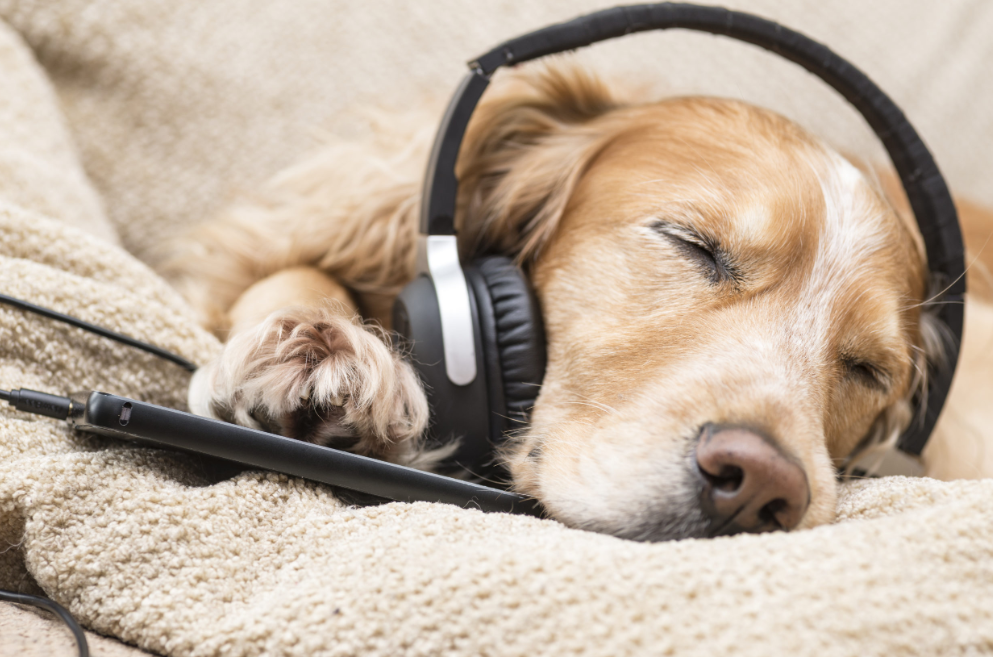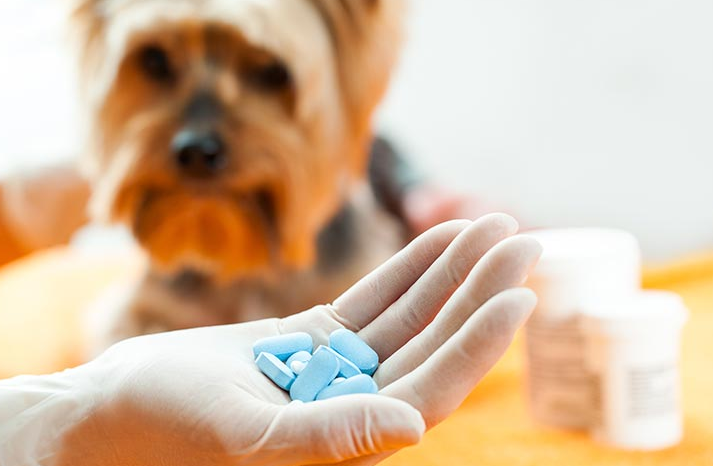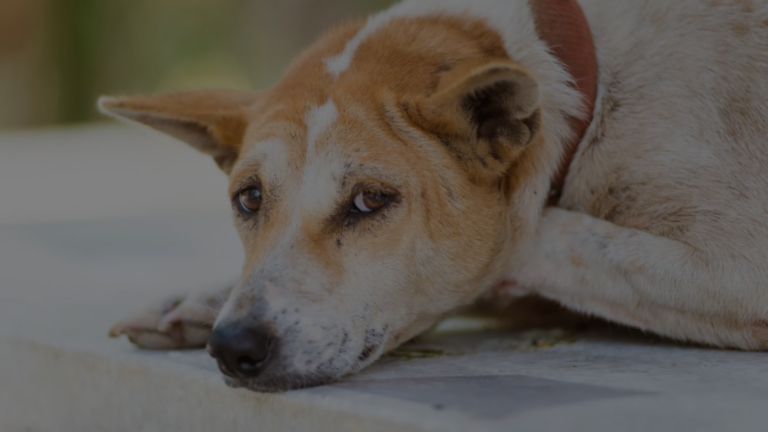NyQuil, that trusty nighttime remedy for sniffling, sneezing, coughing, and aching, has been a staple in many medicine cabinets. But what if your furry companion is feeling under the weather? Can you give your dog NyQuil? Let’s dive into the details and explore why this seemingly innocent cold and flu formula can be downright dangerous for our canine friends.
Table of Contents
ToggleCan I Give My Dog NyQuil?
No, you should never give your dog NyQuil—not even a tiny dose. Here’s why:
- Different Metabolisms: Dogs and humans metabolize medications differently. What might be safe for us can be toxic for our four-legged pals.
- Active Toxic Ingredient: The primary culprit in NyQuil is acetaminophen. This compound is quickly poisonous to dogs. Even small amounts can have serious consequences.
NyQuil Variations and Their Risks
There are at least 10 different versions of NyQuil, and a whopping 9 of them contain acetaminophen. Let’s take a closer look at some of these formulations:
- NyQuil SEVERE Cold & Flu LiquiCaps
- Cold & Flu Nighttime Relief LiquiCaps
- Cold & Flu Nighttime Relief Liquid HBP (high blood pressure)
- Cold & Flu Medicine Alcohol-Free
- Cold & Flu Nighttime Relief Liquid SEVERE VapoCOOL
- And more…
None of these are recommended for dogs. Even the cough suppressant version, which lacks acetaminophen, should not be used without your vet’s approval.

Signs of Acetaminophen Poisoning
If your dog accidentally ingests NyQuil, watch out for these signs of acetaminophen poisoning:
- Diarrhea
- Nausea
- Vomiting
- Lethargy
- Blueish-coloured gums
- Labored breathing
- Swelling
- Dark urine
What to Do If Your Dog Consumes NyQuil
Contact your vet immediately. They’ll guide you on the next steps. Remember, only a professional can assess the situation and recommend appropriate treatment.
Suspected Allergies? Try These Alternatives
If your pet is having trouble sleeping due to allergies or anxiety, consider these alternatives:
- Benadryl: This antihistamine can help your dog sleep better during allergy flare-ups.
- Calming Music: Play soothing tunes to help your furry friend drift off to dreamland.

How Much Benadryl Can I Give My Dog?
When giving Benadryl to your dog, it’s essential to follow the proper dosage guidelines. Benadryl, known by its generic name diphenhydramine, can be used for various purposes in dogs, including treating allergies, anxiety, and motion sickness. Here’s what you need to know:
- Dosage Calculation:
- The general recommendation is to give 2 to 4 milligrams per kilogram of body weight or 0.9 to 1.8 milligrams per pound of your dog’s weight.
- A simple rule of thumb is to administer 1 milligram of Benadryl per pound of your dog’s weight, given two to three times a day
- Frequency:
- You should give your dog Benadryl two to three times a day, which translates to approximately every 8 to 12 hours
- Duration of Effects:
- The effects of Benadryl typically last for around 6 to 8 hours.
Remember that individual dogs may react differently to medications, so it’s crucial to consult with your veterinarian before using Benadryl.
Can I Use Essential Oils for My Dog’s Allergies?
While some essential oils like lavender and chamomile may offer potential benefits for dogs with allergies, it’s crucial to consult a veterinarian first. They can assess your dog’s specific case, advise on safe oils and usage methods, and ensure it won’t interfere with other treatments.
Remember, even seemingly safe oils can be harmful if not used properly, so prioritize your dog’s safety and seek professional guidance before trying essential oils.
Some Human Medications That Dogs Should Avoid
Here are some other human medications that dogs should avoid:

- Antidiarrheals/Antinauseants: These can lead to gastrointestinal issues and other complications.
- Antacids: Some may be safe, but always consult your vet before using any human antacid for your dog.
- Antihistamines: These can cause sedation, agitation, or even seizures.
Conclusion
NyQuil and dogs don’t mix. Keep this medication far away from your canine companion. When in doubt, consult your vet. And remember, a safe and healthy pet is always worth it!







